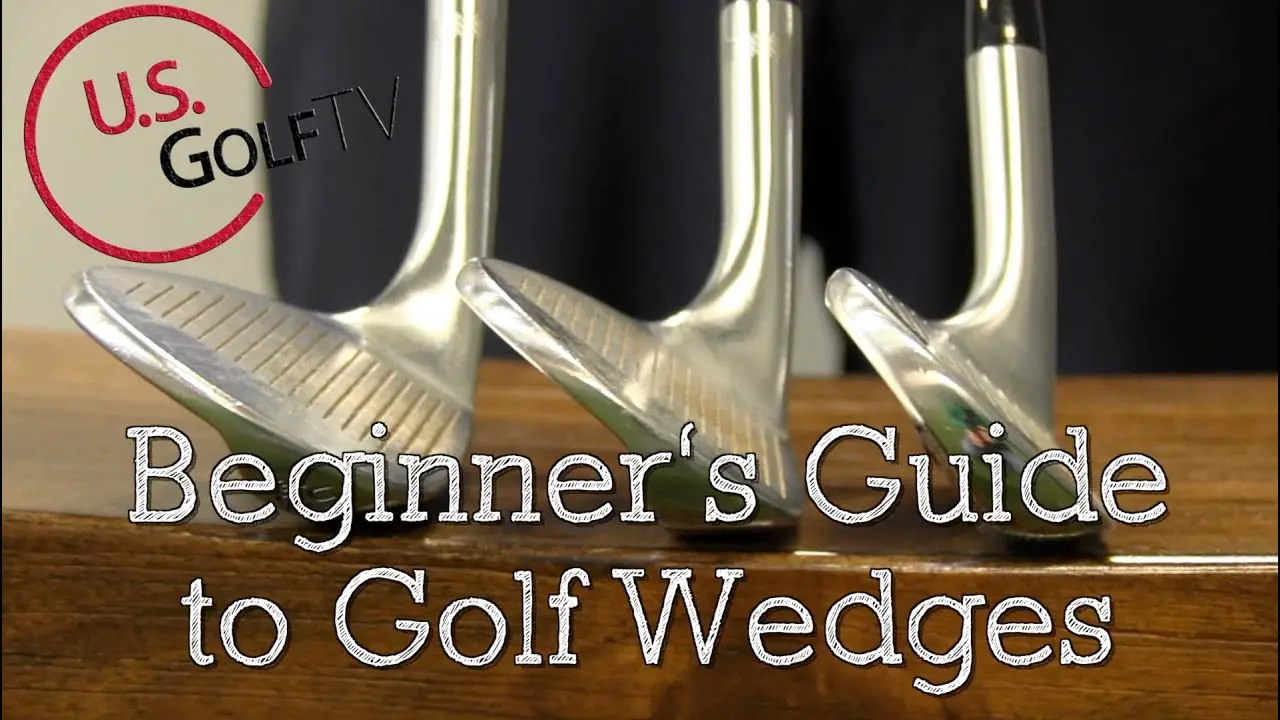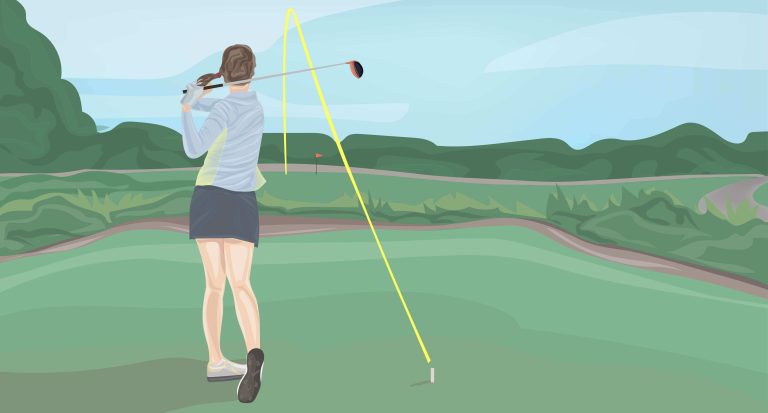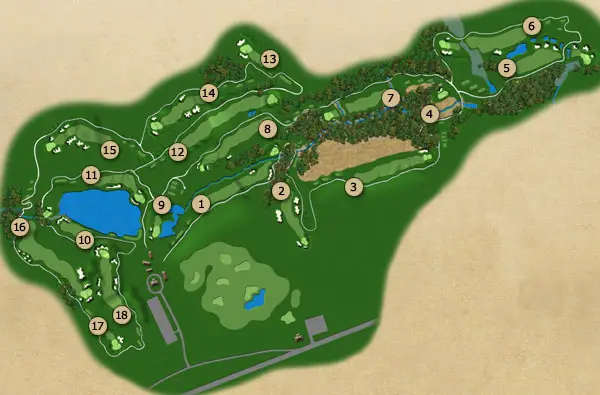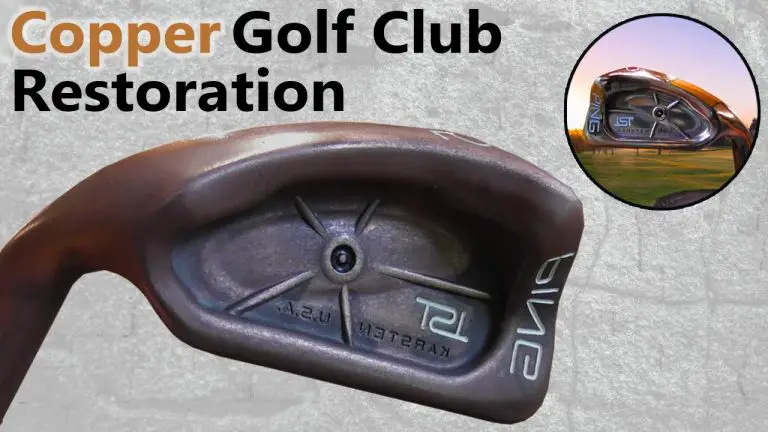Approach Wedge Vs Lob Wedge

As a golfer, having the right wedge in your bag can make all the difference in your short game. When it comes to selecting the right wedge, the two most common options are the approach wedge and the lob wedge. Both wedges serve different purposes and can help golfers achieve specific shots on the course.
The approach wedge, also known as the gap wedge, typically has a loft angle between 50 and 54 degrees. It’s designed to help golfers make longer approach shots, typically from 100 to 125 yards away from the green. The approach wedge is a versatile club that can be used for both full swings and partial shots.
The lob wedge, on the other hand, typically has a higher loft angle of 58 to 64 degrees. It’s designed for short shots around the green, typically from 40 yards or less. The lob wedge is known for its ability to help golfers achieve high, soft shots that land softly on the green and stop quickly.
In this article, we’ll take a closer look at the differences between the approach wedge and the lob wedge. We’ll discuss the pros and cons of each wedge, as well as the different types of shots they’re best suited for. We’ll also provide some affordable options for high handicappers who are looking to improve their short game without breaking the bank.

Types of Wedges
Before we dive into the differences between approach and lob wedges, let’s first understand the different types of wedges available to golfers. Typically, there are four types of wedges:
- Pitching Wedge: This is the wedge with the least loft angle, typically between 44-48 degrees. It’s used for shots that are slightly longer than those hit with a nine iron.
- Gap Wedge: Also known as the approach wedge, it has a loft angle between 50-54 degrees. It’s used for shots that are too long for a pitching wedge and too short for a sand wedge.
- Sand Wedge: It has a loft angle between 54-58 degrees and is used for bunker shots and getting out of the sand.
- Lob Wedge: It has the highest loft angle, usually between 58-62 degrees, and is used for high, soft shots around the green.
Approach Wedge
The approach wedge, also known as the gap wedge or the attack wedge, has a loft angle between 50-54 degrees, making it the perfect club for shots that are too long for a pitching wedge and too short for a sand wedge. It’s an essential club for golfers to have in their bag, as it allows for better distance control and precision on approach shots.
The bounce of an approach wedge varies depending on the brand and model but typically ranges between 4-10 degrees. It’s designed to be versatile and can be used for full shots, chip shots, and even bunker shots.
When to Use an Approach Wedge:
- Approach shots from 100-120 yards.
- Pitch shots from just off the green.
- Bunker shots from the fairway.
Popular Approach Wedges:
- Titleist Vokey SM8
- Callaway Mack Daddy CB
- Cleveland CBX 2
Lob Wedge
The lob wedge has the highest loft angle, typically between 58-62 degrees. It’s designed to hit high, soft shots that land softly on the green, making it an excellent choice for golfers looking to add some finesse to their game.
The bounce of a lob wedge is typically between 0-10 degrees, depending on the model. It’s designed to be used around the green, allowing for maximum spin and control on short shots.
When to Use a Lob Wedge:
- Greenside shots that require a high, soft landing.
- Flop shots over bunkers and other hazards.
- Short pitches that require a lot of spin and control.
Popular Lob Wedges:
- Titleist Vokey SM8
- Callaway Mack Daddy CB
- Cleveland RTX ZipCore
Differences Between Approach and Lob Wedges
The main difference between an approach wedge and a lob wedge is their loft angles and bounces. Approach wedges have a lower loft angle and more bounce, while lob wedges have a higher loft angle and less bounce.
Approach wedges are best suited for longer approach shots and full swings, while lob wedges are better for short shots around the green that require maximum spin and control. When selecting a wedge, consider your strengths and weaknesses as a golfer, as well as the type of shots you typically face on the course.
Another important factor to consider when choosing between an approach and lob wedge is the type of course you’re playing on. If you’re playing on a course with a lot of bunkers and hazards, a lob wedge may be the better choice to help you get out of those tight spots. On the other hand, if the course has more open fairways and longer approach shots, an approach wedge may be a better fit for your game.
Affordable Options for High Handicappers
For high handicappers or beginner golfers looking for an affordable option, there are several budget-friendly options available. While they may not have the same level of performance as the top-of-the-line wedges, they can still provide decent performance and help you improve your game.
Some affordable approach wedges include:
- Wilson Harmonized Wedge
- Pinemeadow Wedge
- Tour Edge HP25 Wedge
For lob wedges, some budget-friendly options include:
- Cleveland Smart Sole 3 Wedge
- Wilson Harmonized Wedge
- Pinemeadow Wedge
When selecting an affordable wedge, be sure to consider the loft angle, bounce, and feel of the club. You want to make sure that it’s a good fit for your swing and can help you improve your short game.
Conclusion
When it comes to approach and lob wedges, there’s no one-size-fits-all answer. The best wedge for you will depend on your individual playing style, strengths, and weaknesses. Approach wedges are best for longer approach shots, while lob wedges excel at short shots around the green.
Consider the loft angle and bounce when selecting your wedge, as well as the type of course you’ll be playing on. And if you’re a beginner or high handicapper, don’t be afraid to look for affordable options that can still provide decent performance.
With the right wedge in your bag, you’ll be able to improve your short game and take your golf skills to the next level.





